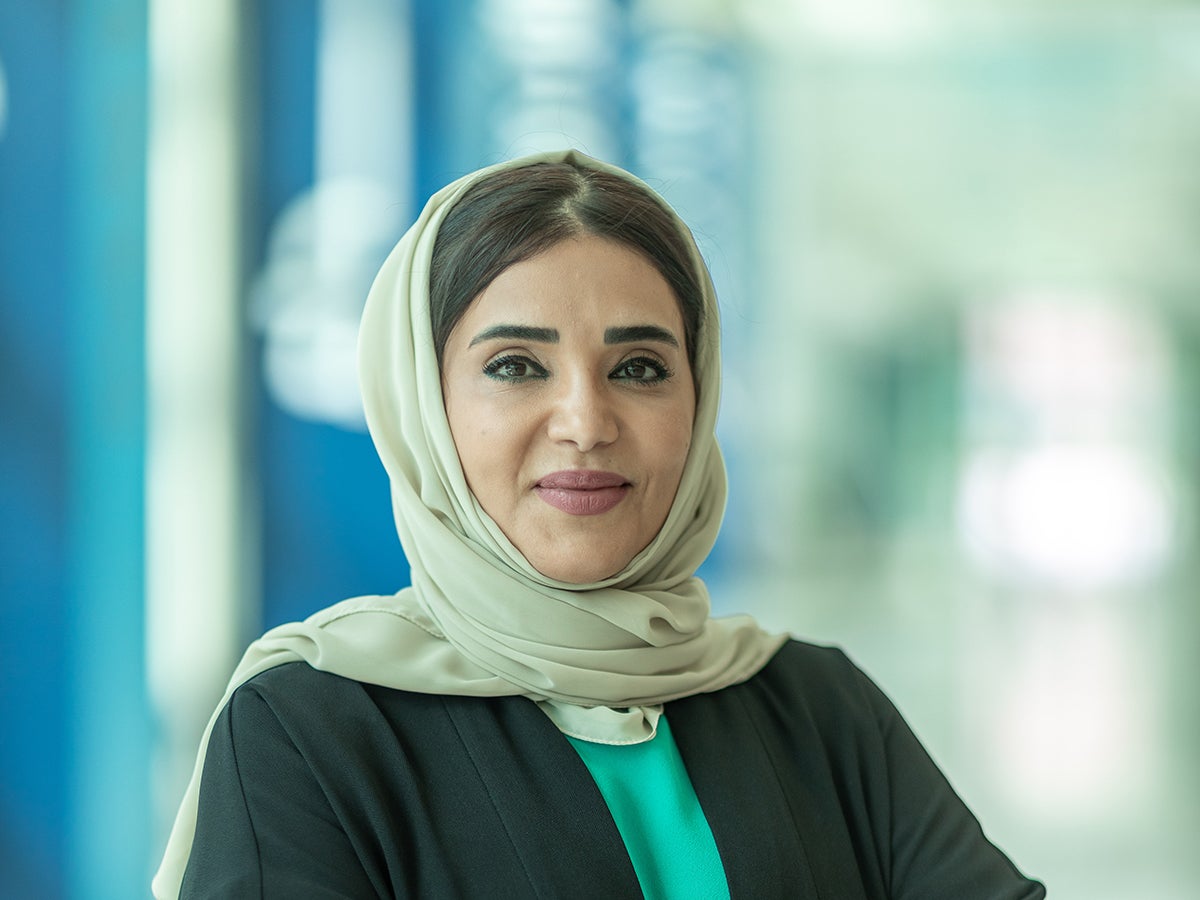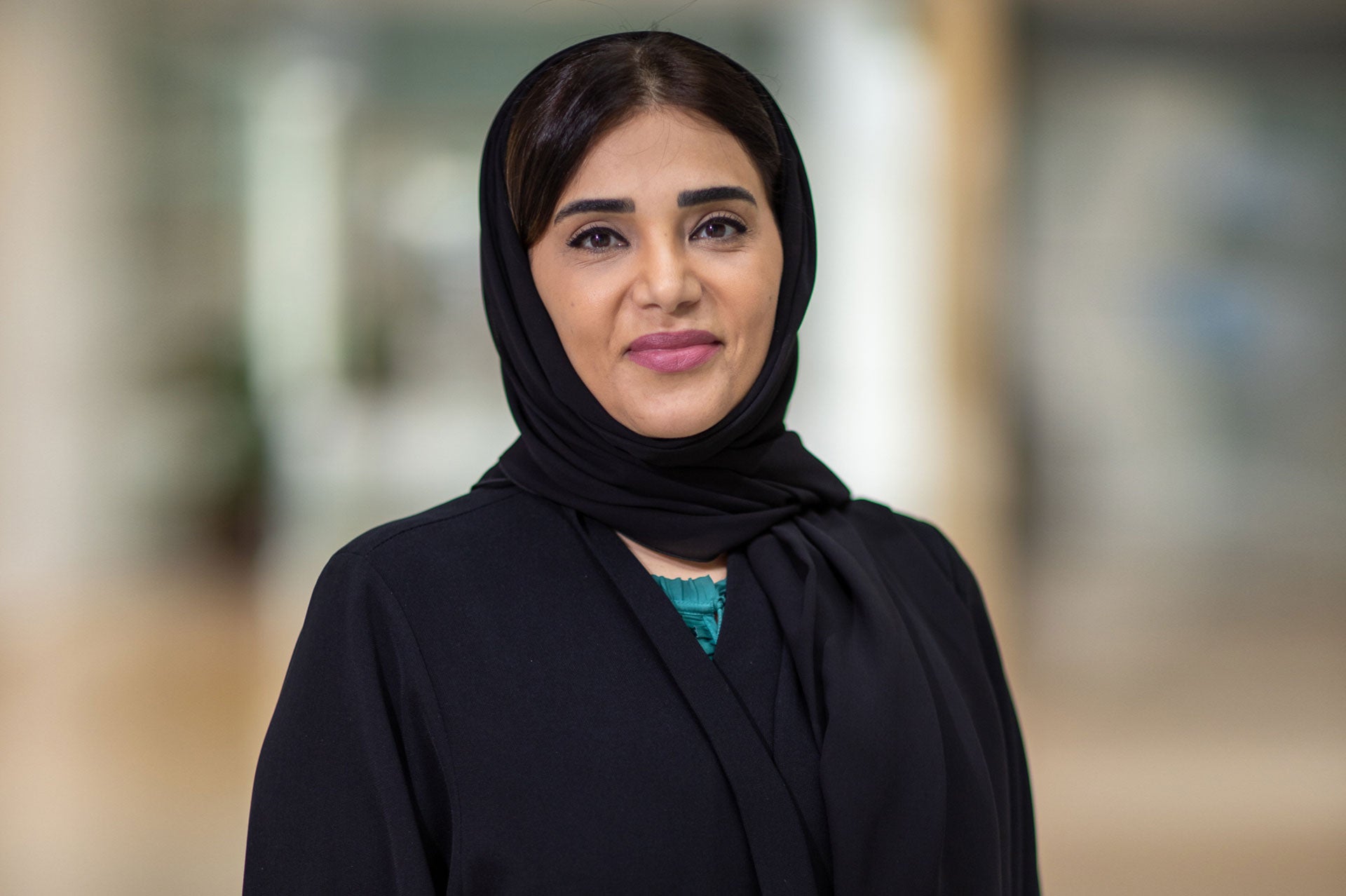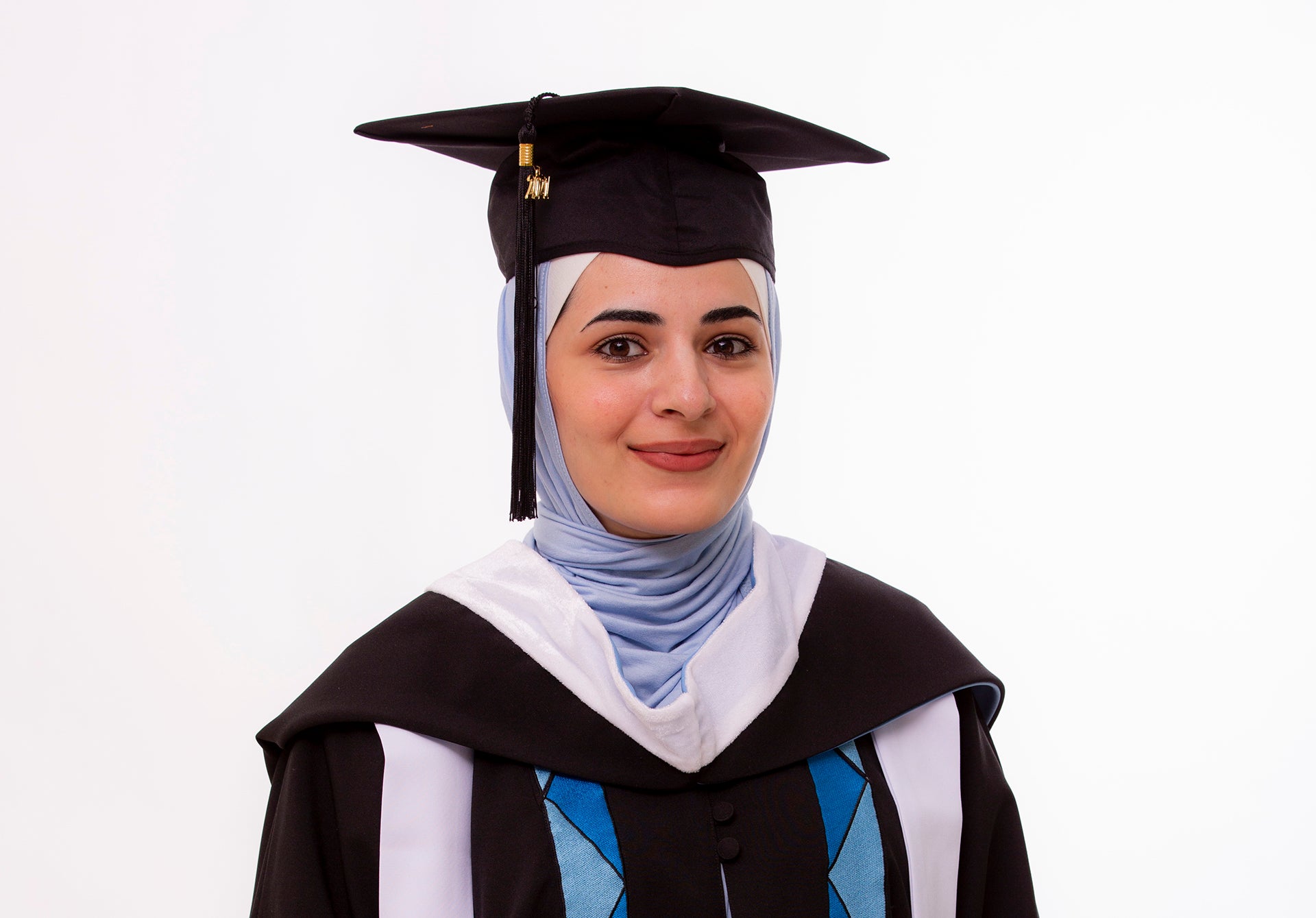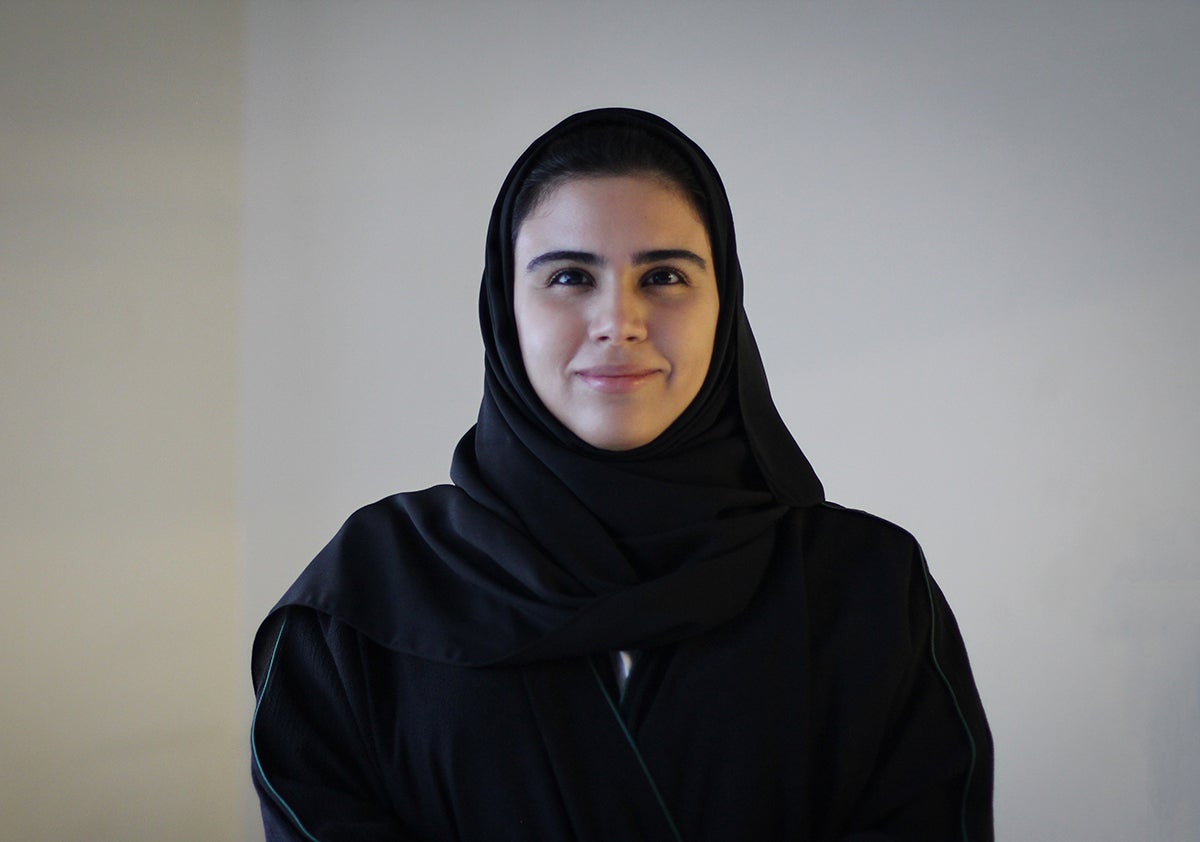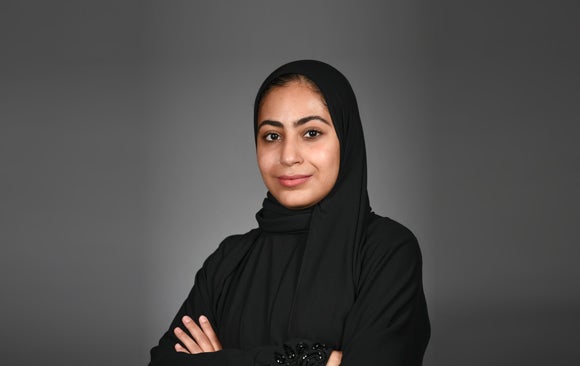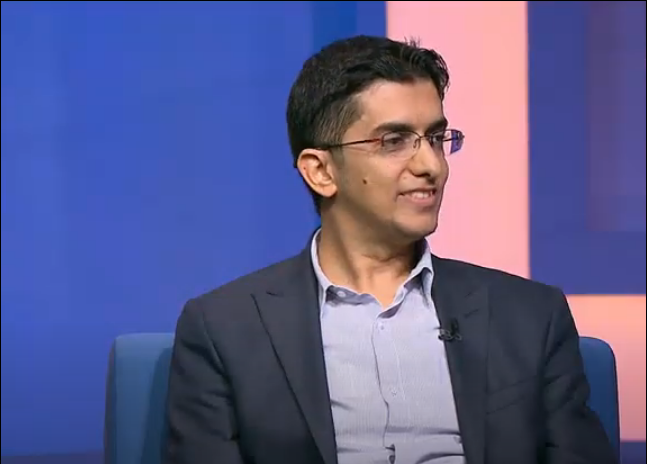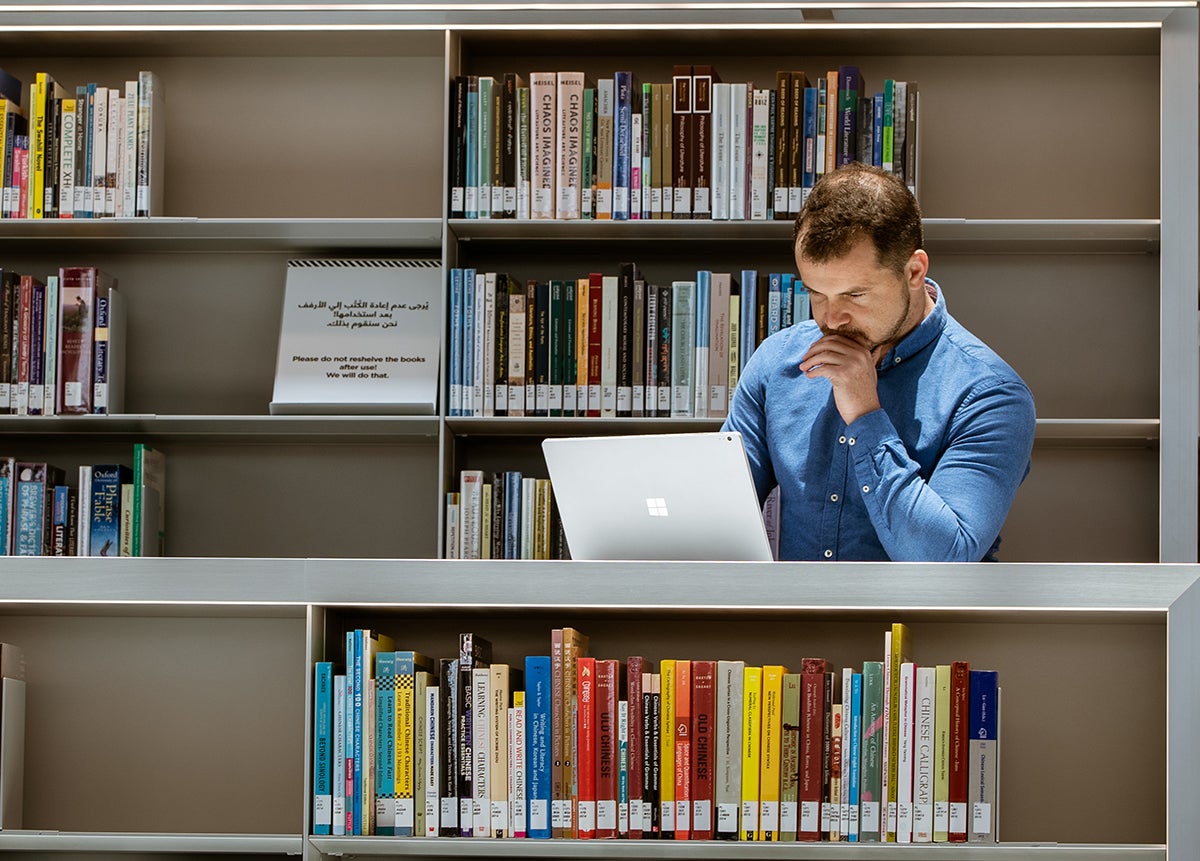
March 2021 marks almost a year since countries around the world began issuing nationwide lockdown orders to curb the spread of COVID-19. We spoke to Dr. Marc Owen Jones, Assistant Professor of Middle East Studies and Digital Humanities at the College of Humanities and Social Sciences, Hamad Bin Khalifa University, a Qatar Foundation member, and asked what lessons humanity has learned from social distancing.
1. When the lockdown first began it was relatively short-term, but now over a year later, what long-term consequences do you anticipate, perhaps in how we connect socially?
There will certainly be long-term consequences. In some situations people will have become more digitally literate, perhaps resorting to using digital technology in situations where they might otherwise have engaged face-to-face – but certainly not in most cases. I think the pandemic has reminded us that we are social beings, and that involves a certain amount of physical interaction that simply cannot be replicated online. There is emerging evidence to suggest the long-term consequences may mirror those in natural disaster areas, such as post-traumatic stress disorder (PTSD). Children have been particularly vulnerable due to school closures, with a worldwide increase in domestic violence reported; suggesting that the long-term fall out of COVID-19 could have far-ranging social impacts.
2. What are the digital tools, platforms, and research that have proven to be most effective in fighting misinformation online? What applications could these have in the future?
There is no silver bullet for fighting misinformation and disinformation, and the pushback against false narratives has involved the work of multiple actors, from fact-checkers and individual researchers to medical professionals, and established news platforms. Journalists and analysts are becoming savvier at identifying misinformation, and more (although not sufficient) resources are being put into documenting and monitoring disinformation. Universities and researchers are also playing a key role in conducting the work necessary to combat disinformation through encouraging critical thinking or finding solutions for disinformation. In some ways, the online turn as a result of the pandemic, and the fact that most academic seminars are now public, and available to everyone, has increased the accessibility of academic discussions on multiple issues. Theoretically, this ‘horizontalizing’ of academia has been a boon to those wishing to get information from trained professionals.
3. To what extent do you think fake news and viral misinformation about the coronavirus provoked public health complications?
There is no doubt that misinformation has caused a number of problems from a public health perspective. Conspiracies about the pandemic being fake (“plandemic”) have caused a burgeoning distrust in medical science and healthcare and increased the likelihood that some may forego vaccination and social distancing measures. These will all delay the effectiveness of a response by increasing the transmission of the disease and holding back possible recovery. It is hard to quantify the extent to which disinformation has impacted COVID-19, but we know in extreme cases people have died as a result of following false cures or ignoring medical advice. Already the percentage of people unwilling to take the vaccine is quite high, varying from country to country. In France, for example, 40% say they would be unwilling to take a vaccine. To what extent this is the result of disinformation is unclear, but it certainly adds to the problem.
4. Can you comment on worldwide news coverage of the vaccine rollout and its risks, and whether it has affected public confidence?
There have been different problems facing different regions, from the problems the EU had with trying to procure vaccines from AstraZeneca to disparities in the speed of vaccinations across countries. A trend has been public figures publically taking the vaccine to increase confidence, something we have seen broadcast in many countries. Generally, most official coverage tends to promote the effectiveness of the vaccine, and conspiracies exist mostly on the internet or fringe news channels. For the most part, critical coverage has focused on logistical problems faced by getting the vaccine out there.
5. What has the pandemic told us about what we need to do to protect women and youth in the MENA region against the hostile environment on social media, the ‘silent epidemic’?
The impacts of COVID-19 have been gendered across the region, prolonging conflicts by re-shifting policymakers’ focus on health issues as opposed to internally displaced persons and refugees. It will also disproportionately impact young women’s access to education, as families in already difficult situations compounded by the pandemic may be forced to choose who to send to school, for example. Often industries that predominantly employ women will be the hardest hit, e.g. entertainment and retail. This has been exacerbated by increases in domestic violence, and an attendant issue is technology-facilitated coercive control, where social media or mobile technology facilitates domestic violence by increasing monitoring and surveillance by abusive partners. The only way to fundamentally protect these groups is by tackling patriarchal norms that create disparities or distortions in how resources are attributed based on gender.
6. In March 2020, you wrote: “While the coronavirus spreads offline, the use of it to activate latent political, religious and cultural prejudices is taking place both in the margins and the mainstream of social media.” Do you believe restrictive measures are an appropriate response and how do we guard freedom of speech?
I am a proponent of free speech, but not hate speech or unjustified prejudice. Free speech always carries with it a sense of responsibility, and should not be a license to engage in the organized denigration of people based on religion, gender, sex, etc., though these acts are already legal in many jurisdictions. The way to guard against any encroachment on freedom of speech is to make sure that any assaults are only warranted when they meet a clear test of hate speech or alike. Similarly, this form of speech has been abetted by disinformation about COVID-19, so stopping the disinformation will decrease the likelihood of people apportioning blame according to their own prejudices.
7. What lessons has humanity learned through the lockdown?
Whether humanity truly learns lessons remains to be seen. I think many of us have learned, despite the digital turn, that we still are social animals that crave interaction. We have learned to value our freedoms, even if that is the freedom to leave our homes. It’s also a reminder not to take the planet for granted, and how much privilege is embedded in the ability to travel or get on a plane (for those of us even wealthy enough to do those things). Fundamentally, I think it has given us a perspective on the fragility of the human condition, how we both need each other, and should not take our place on the planet for granted.
Related News
